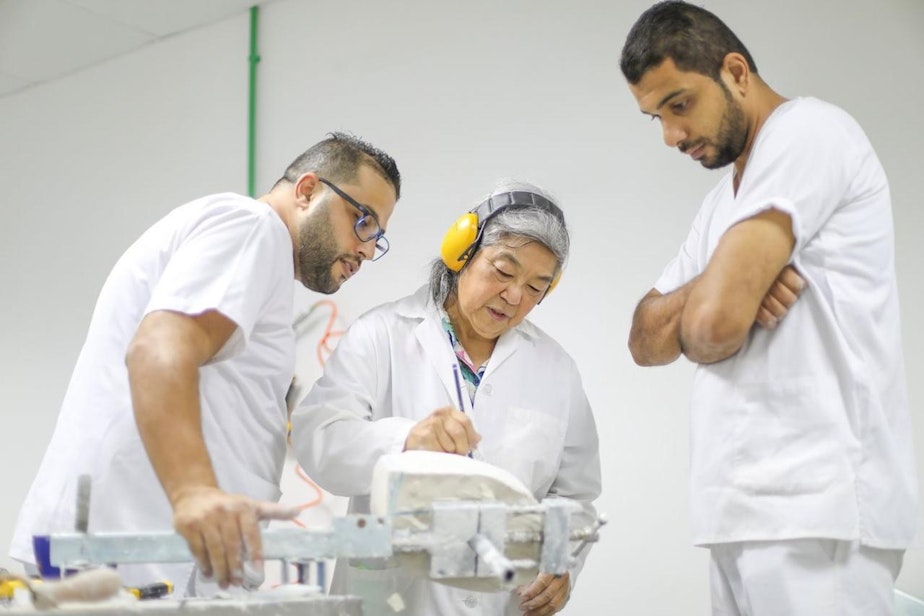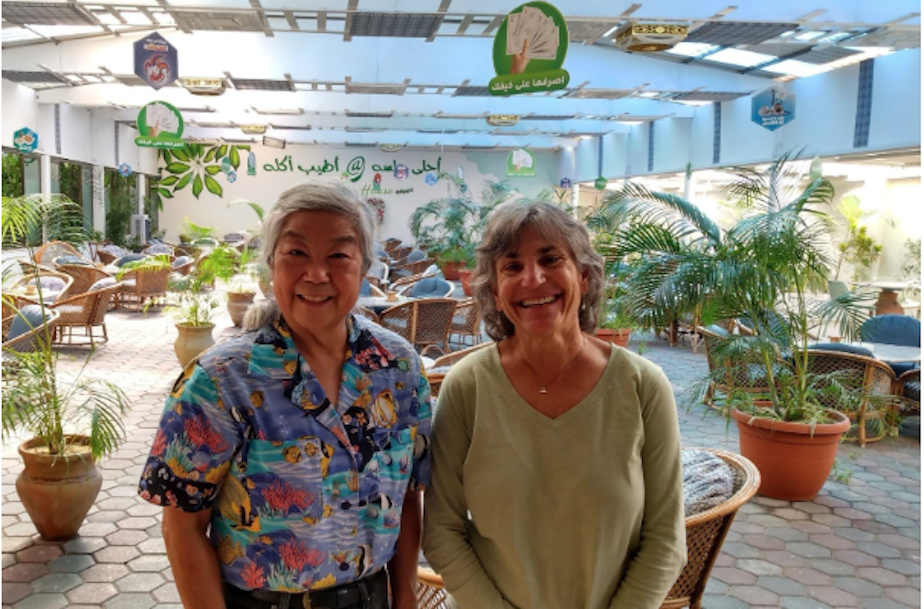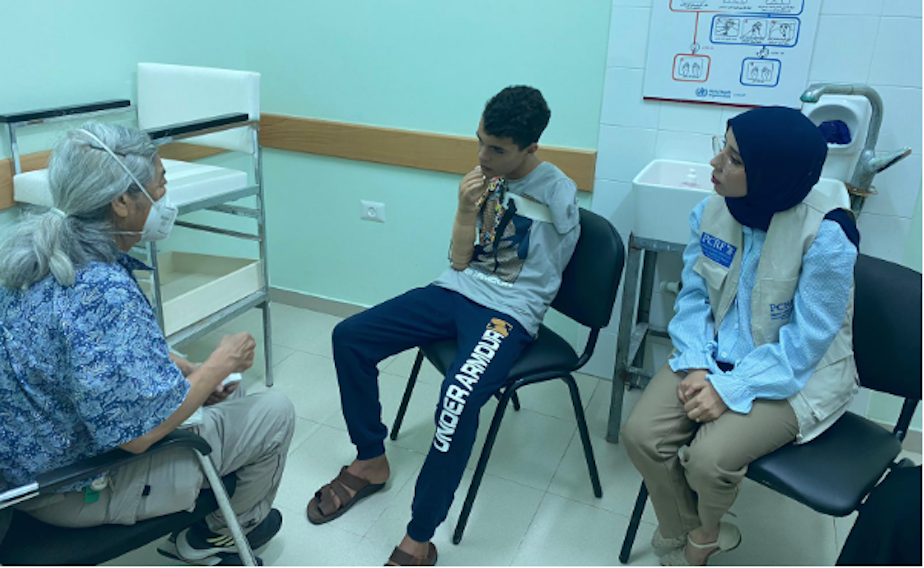This Seattle 'auntie' went to Gaza to make prosthetics for children. After being trapped in the war, she finally escaped

R
amona Okumura, 71, has spent three decades building prosthetic limbs for children and adults, including 25 years teaching others her craft while a lecturer at the University of Washington. In retirement, she continued her work, periodically travelling to Gaza and volunteering with the Palestine Children’s Relief Fund to help build prosthetic limbs for Palestinian children.
“It’s the kind of craft that is a science and an art,” explained her niece, Erika Okumura of Honolulu. “You have to see the kid in front of you to be able to make the limb.”

Ramona Okumura was on one of those trips when the Palestinian militant group Hamas launched a surprise incursion into Israel on Oct. 7 that killed 1,400 people. She remained in Gaza, unable to escape, as Israel cut off food and water and bombed Gaza in retaliation for the Hamas attack, killing thousands and leaving the children Ramona Okumura went there to help injured, with dwindling supplies, and on the brink of starvation.
“Humanitarian crisis means that people die of starvation,” Erika Okumura explained. “But before that, they die of dehydration.”
KUOW is sharing the stories of Seattleites impacted by the ongoing conflict between Israel and Hamas. If you would like to share your story, we want to hear it. Please email Stephen Howie at howie@kuow.org.
When her family realized that “Auntie Ramona” was trapped in a war zone and unable to escape, they sprang into action, in both her native Hawaii and her adopted home of Seattle, reaching out to television stations and newspapers to share their aunt's story and her dedication to the welfare of children.
“It’s a family effort,” Erika Okumura said. “In Hawaii, we say, ‘auntie’ as a form of respect as well. So, it’s also that. I feel awkward saying just ‘Ramona.’ To me, she’s always ‘Auntie Ramona’ because I have so much respect for her. And as my family member, oh, my gosh, my heart is broken several times a week.”
RELATED: Seattle woman fears for kidnapped relatives in Gaza after losing aunt and uncle in Hamas attack

Erika Okumura spoke with KUOW before it was clear whether her aunt would be able to escape the Israeli bombing and ground invasion into Gaza, one of the most densely populated places on Earth. She and her family had heard from Ramona Okumura only sporadically on an encrypted messaging app.
Erika Okumura didn’t think her aunt even knew exactly where she was in Gaza, but she'd told her family she was hearing explosions every night and was trying desperately to make her way to the southern border with Egypt.
Even with her aunt still in danger, it was clear that Erika Okumura and her family's message was focused on the larger issue of humanitarian aid and the need to create a humanitarian corridor into Gaza.
That focus on humanitarian aid and the human cost of war was channeled from Ramona Okumura, who remained just as concerned for the lives of the children she served as she was for her own fate.
“She’s so concerned about all the children there,” Erika Okumura said. “The water, the food is running out.”
On Wednesday, Ramona Okumura made it safely across the border to Egypt, but she and her family remain worried about what is happening in Gaza and the fate of the Palestinian children who remain there.

Erika Okumura described her aunt’s life work as a form of peace building by creating mobility and independence, especially for children.
“Building a limb for a child, that is restoring their ability to go to school, their ability to play with friends, that is giving them truly just a vehicle and restoring motion to their body,” she said.
That's why Ramona Okumura found herself in Gaza and why she will likely return when it is safe to do so.
"She has a really big heart for children," Erika Okumura said. "That's her life's work. That's really what she's about: restoring mobility, which is restoring play and restoring quality of life to kids."


